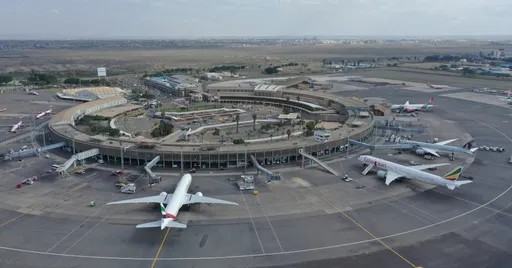Nigeria's creaking grid collapsed for the fifth time this year in the early hours of Monday, highlighting the country's inability to provide reliable power less than two weeks after raising tariffs for wealthier consumers by 230%.
A fire erupted at a power generating station in the south just before 3am (0200 GMT), the state-owned power transmission company said, plunging large parts of the country into darkness.
The system was restored by the early afternoon, the Transmission Company of Nigeria (TCN) said. It gave no detail on how many people were affected, but there were angry comments across social media.
"The way you guys make this seem like it's just a little thing, is outstanding. This is a disgrace ... this is not how a nation works," one person wrote on X.
Fire
On April 3, Nigeria's electricity regulator approved an increase in tariffs for the 15% of consumers who use the most power, as the government tries to reduce the $2.6 billion worth of subsidies for the sector.
The head of the Nigerian electricity regulator, Musiliu Oseni, had defended the tariff increase, saying it would mean an end to grid collapses and bring investment into the sector.
"A fire erupted at the Afam V 330kV bus bar coupler, leading to the tripping of units at Afam III and Afam VI. This resulted in a sudden generation loss of 25MW and 305MW respectively, destabilising the grid," TCN said in the statement.
National supply data showed the supply of power via the grid fell to around 50MW early on Monday from 4,020MW the previous day.
Perennial power shortages
By the late afternoon, checks showed that power distribution companies had 2,450MW available to distribute and some areas were only seeing a gradual restoration of power.
Nigeria, Africa's most populous nation, faces perennial power shortages that have contributed to years of weak economic growth.
Its electricity sector faces a myriad of problems, including a failing grid, gas shortages, high debt and vandalism.
The country has 12,500 megawatts of installed capacity, but produces only about a quarter of that, leaving many Nigerians reliant on expensive diesel-powered generators.
➤Click here to follow our WhatsApp channel for more stories.


















.JPG?width=512&format=webp&quality=80)




